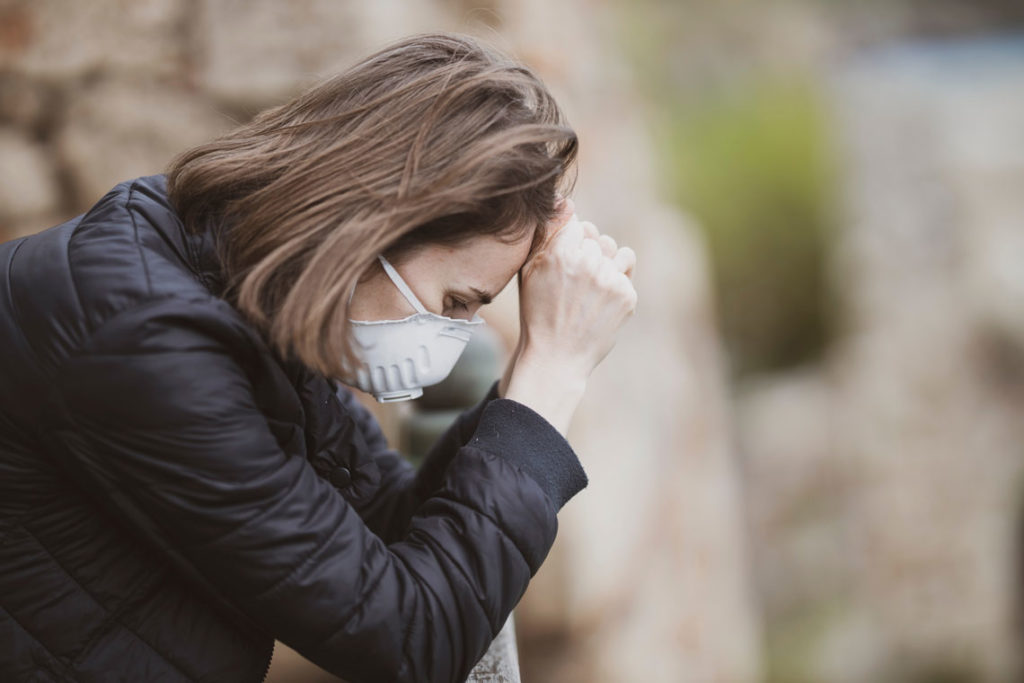
Feeling anxious?
There’s a lot going on for everyone at the moment. We have all experienced some feelings of anxiety, fear or worry. It’s completely normal. You might have found yourself:
- feeling more irritable than usual
- being snappy with the kids
- struggling to fall asleep or stay asleep
- Over thinking/having racing thoughts
- struggling to concentrate
- feeling dread or panic or apprehension
- wanting to escape your current situation
- having physical aches and tension in parts of your body
- Craving junk food or alcohol to make yourself feel better
If you’ve had any or all of these feelings, don’t worry! This is your body’s normal response to stressful situations – especially after being in various stages of lockdown for over a year.
But, what exactly is happening in your brain when you experience these emotions?
When your brain is in anxious mode, a circuit in your brain uses hormones to signal to your body to be on alert. It’s making sure you’re ready to deal with any threat.
This is often called the fight/flight/freeze response. It’s where the irritability, desire to flee or to hide away and not deal with things comes from. This is often thought of as evolution’s way of keeping you safe from dangers.
Sometimes the stress response in the brain struggles to switch off, the alert hormones keep sending signals and your body is kept on “alert”.
If you can let go of or manage the feelings you will feel much better. In order to do this you need to give your brain cues to switch out of anxious mode.
There are lots of ways to do this. Here are a few:
- Breathe
Breathe deeply. Inhale for 4 counts and exhale for 4 counts, this will help to ease stress and calm your mind.
- Exercise
It is medically proven that exercise can improve our mood and you just need 10-20 minutes of it to calm your mind. You can go for a walk, work out, dance, ride a bike – just choose something that you enjoy and go for it!
- Journaling
Write about your worries. Use the paper to express your thoughts and feelings and reflect on them. This can also help you to find what might be triggering your anxiety.
- Eat well
Eating a healthy diet provides the right ingredients to keep everything in balance, including the hormones that send signals around your body.
- Get Help
If anxiety is causing you difficulty, it can be useful to talk to your GP. Blood tests will tell if there’s a physical cause for your symptoms. This can often be the case – simple things like low levels of B vitamins can create the symptoms of anxiety.
If the anxiety is the result of a lot of life stress, excessive worry or other factors, the GP can be a good avenue for getting other types of support. Anxiety is very treatable.
Aware has a support line and lots of resources to help people experiencing anxiety.
Alternatively, if you text ‘hello’ to 50808 you can have a simple, calming chat.
Social anxiety Ireland provides support for people whose anxiety is triggered by social interactions.
Written by Applied Psychology students from Dublin Business School
